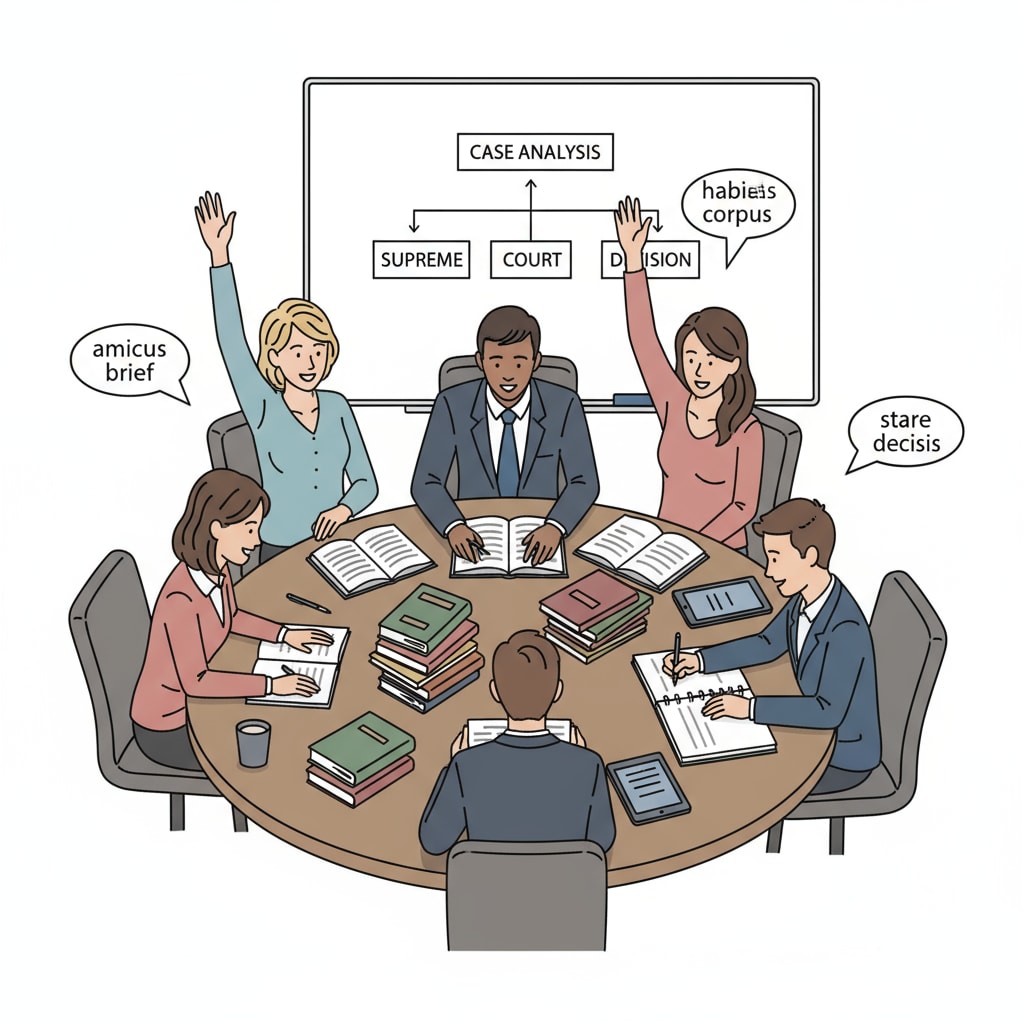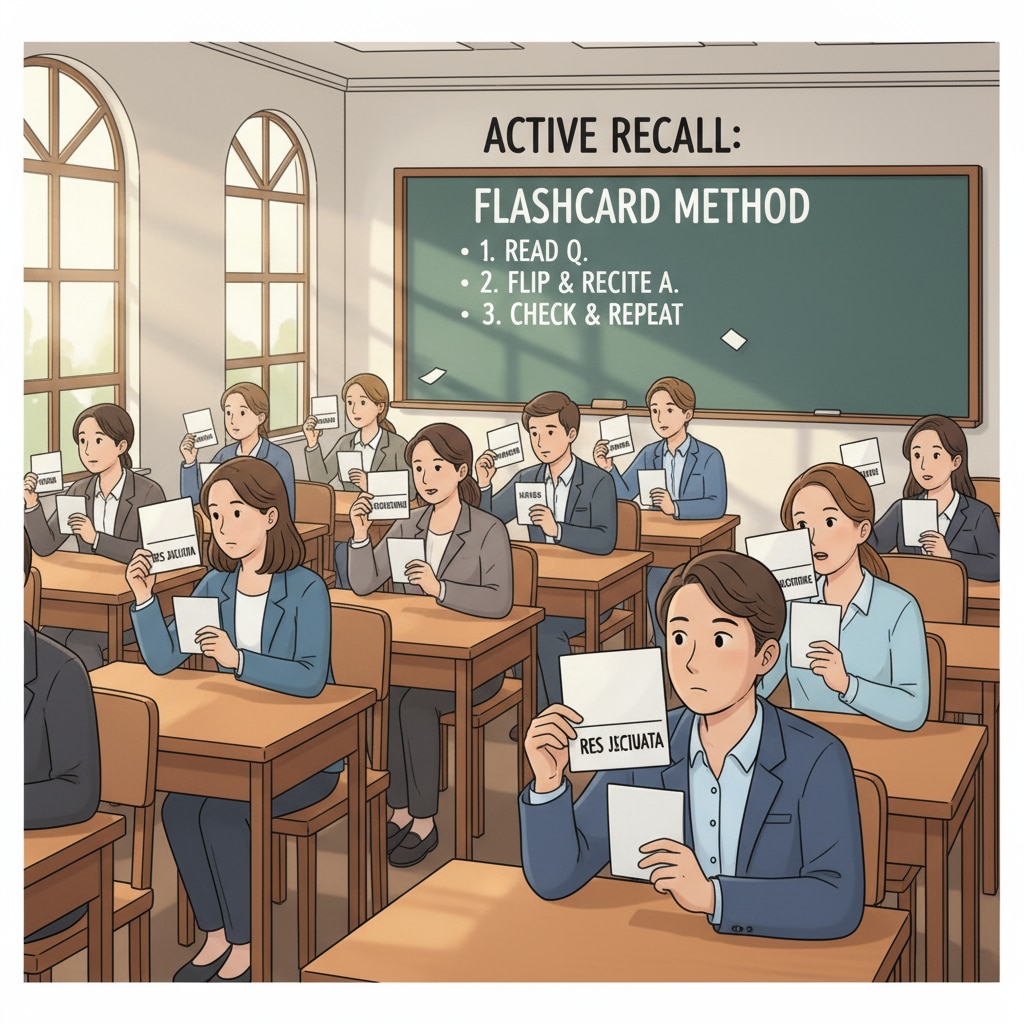In law school learning, the transition from passive reading to an active question-and-answer (Q&A) learning style, along with the application of active recall and spaced repetition, is a game-changer. This shift not only enhances understanding but also boosts long-term retention of legal concepts.

The Limitations of Passive Reading in Law School
Passive reading, a common approach in law school, often leads to surface-level understanding. Students simply read through legal texts without truly engaging with the material. For example, when reading a complex case law, they may not grasp the underlying principles. As a result, information quickly fades from memory. According to Wikipedia’s page on learning styles, passive learning methods have limited effectiveness in promoting deep understanding.
The Power of Active Recall in Law Studies
Active recall involves retrieving information from memory without external cues. In law school, this could mean answering practice questions or discussing cases without referring to notes. By doing so, students strengthen neural connections related to legal knowledge. For instance, when preparing for an exam, actively recalling key legal doctrines helps in better retention. As stated in Britannica’s article on learning psychology, active recall is a powerful tool for enhancing learning.

Spaced repetition is another essential strategy. It involves reviewing information at increasing intervals over time. In the context of law school, students can use spaced repetition to review case summaries, legal statutes, etc. This ensures that knowledge is not only learned but also retained in the long run.
Readability guidance: By understanding the limitations of passive reading and embracing active recall and spaced repetition, law students can transform their learning experience. These strategies promote active engagement, leading to better comprehension and long-term memory of legal concepts.


